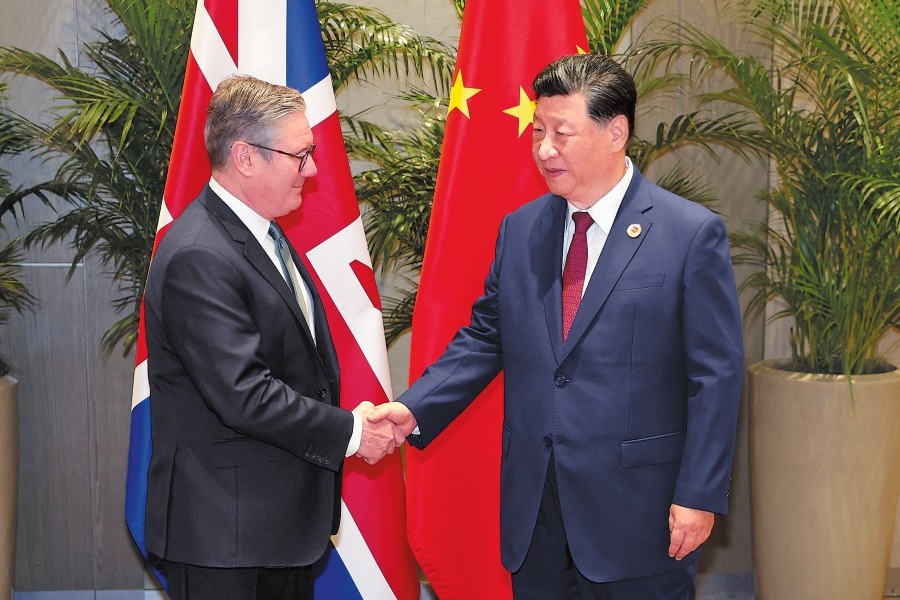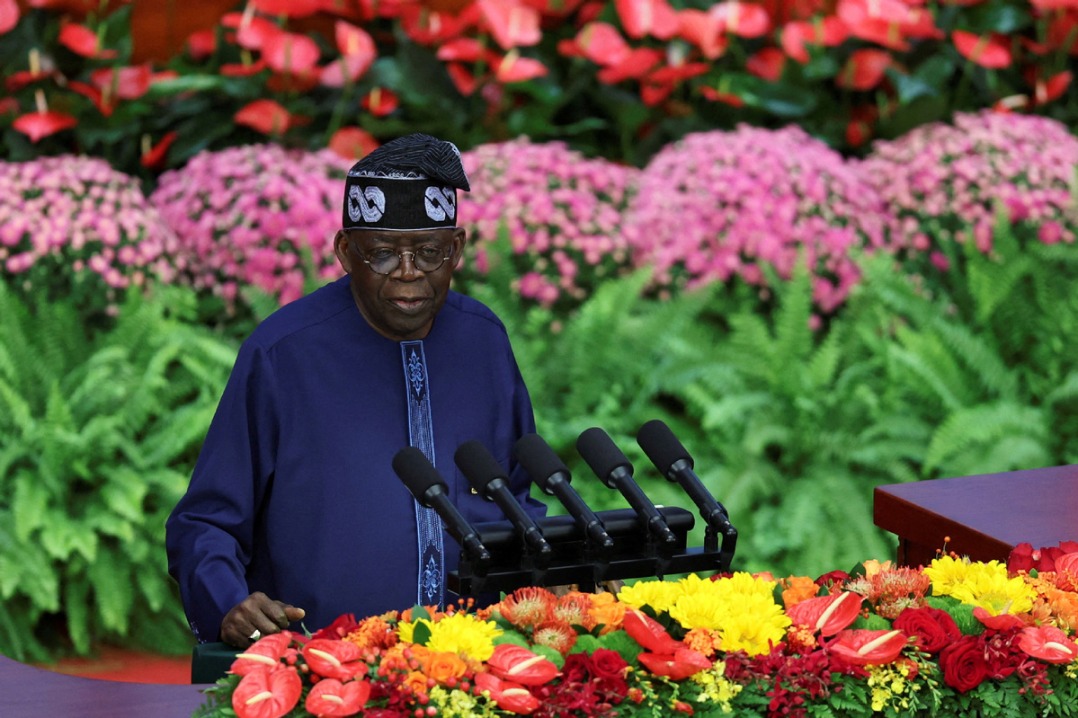Tonga volcanic eruption may cause China's summer rain belts shift south


The volcanic eruption in Tonga could weaken the intensity of the summer monsoon in East Asia in the following year and thus cause the southward shift of China's summer rain belts, according to the China Meteorological Administration.
The massive underwater volcanic eruption in Tonga on Saturday has brought heated discussions concerning how it may affect the global climate.
China Meteorological Administration said many regions in the Northern Hemisphere had witnessed "no summer" in the following year after the eruptions of volcano Laki in Iceland in 1783 and volcano Tambora in Indonesia in 1815. The agency added that the global temperature could drop on average by 0.4 to 0.7 degrees Celsius due to the recent eruptions.
Volcanic eruptions generally have a lasting effect on climate in the following one or two years with a 0.3-degree-Celsius cooling effect, said experts from the meteorological administration.
They suggest taking the ongoing impact of Tonga volcanic eruption into account as a factor when forecasting the rainfall in China's flood season.
AFP reported that the Foreign Ministry of New Zealand said that it will take at least four weeks to repair Tonga's undersea cable. Reuters said the country may still be unable to establish external contact for weeks given the difficulty of repairing the cable.
The volcanic eruption has caused three deaths and several injuries with the whole country under a state of emergency.

































